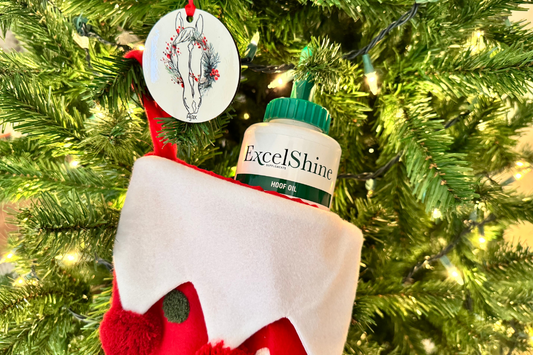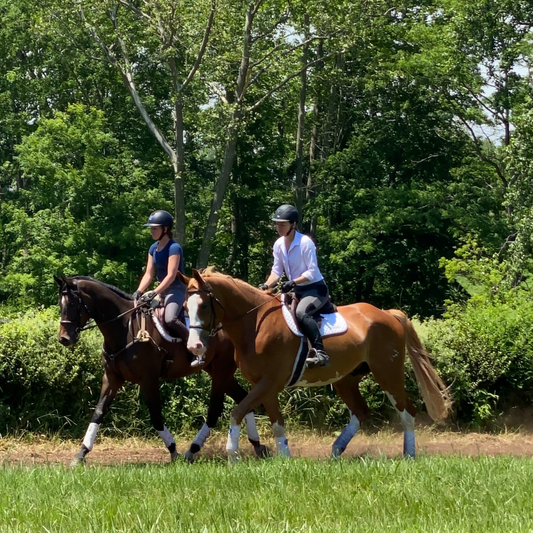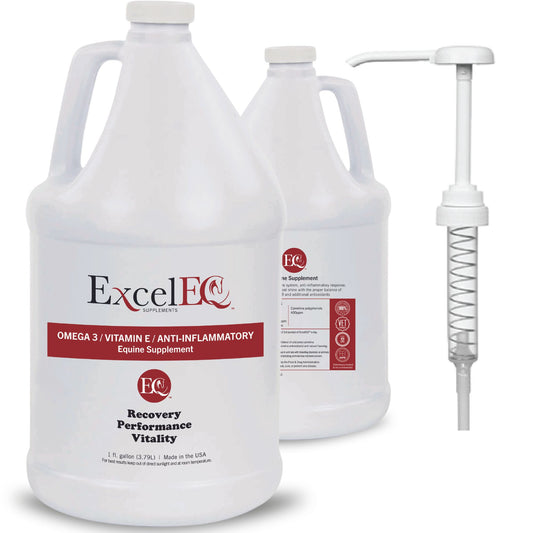Essential Strategies for Preventing COVID-19 on Horse Farms
Share
As COVID-19 continues to impact communities around the globe, it is crucial for horse farms to implement effective prevention strategies to protect both their equine and human residents. Maintaining a safe and healthy environment on your horse farm requires vigilance and adherence to the latest health guidelines. Here’s how you can enhance safety and minimize the risk of COVID-19 on your farm.
1. Adopt Rigorous Hygiene Practices
Proper hygiene is your first line of defense against COVID-19. Ensure that all farm staff and visitors follow these essential practices:
- Regular Hand Washing: Encourage frequent hand washing with soap and water for at least 20 seconds. Hand sanitizer with at least 60% alcohol is a good alternative when soap and water are unavailable.
- Sanitize Equipment: Disinfect commonly used tools, tack, and equipment regularly. Use EPA-approved disinfectants that are effective against the virus.
- Clean Facilities: Maintain cleanliness in stables, feed rooms, and other high-traffic areas. Regularly clean surfaces with disinfectant solutions to reduce the risk of virus transmission.
2. Implement Social Distancing Measures
Social distancing is crucial for minimizing the spread of COVID-19. Here’s how you can apply these measures on your farm:
- Limit Visitor Access: Restrict access to essential personnel only. Avoid unnecessary visitors to reduce the risk of introducing the virus onto the farm.
- Maintain Distance: Ensure that staff and visitors maintain at least 6 feet of distance from each other. This is especially important in areas where people congregate, such as feed rooms or tack areas.
- Stagger Shifts: If possible, stagger staff shifts to reduce the number of people on the farm at any given time. This practice helps to maintain social distancing and limit potential exposure.
3. Monitor Health and Symptoms
Keeping a close eye on health and symptoms is essential for early detection and prevention:
- Daily Health Checks: Implement daily health checks for staff, including temperature screenings and symptom monitoring. Encourage anyone showing symptoms of COVID-19 to stay home and seek medical advice.
- Track Health Records: Maintain a record of any health issues or symptoms among staff and visitors. This helps in tracking potential outbreaks and responding promptly.
4. Promote Vaccination
Vaccination is a key element in controlling the spread of COVID-19. Ensure that all eligible individuals on your farm are vaccinated:
- Encourage Vaccination: Promote the benefits of COVID-19 vaccination to your staff and visitors. Provide information on how to get vaccinated and address any concerns they might have.
- Stay Updated: Keep up-to-date with vaccination guidelines and booster recommendations. Ensure that vaccination records are updated and available if needed.
5. Enhance Communication and Training
Effective communication and training can significantly improve adherence to COVID-19 prevention measures:
- Provide Clear Guidelines: Share COVID-19 safety guidelines with all staff and visitors. Make sure everyone understands the importance of following these protocols.
- Offer Training: Conduct training sessions on proper hygiene, social distancing, and health monitoring. Regularly update training materials as new information becomes available.
6. Prepare for Emergencies
Having an emergency plan in place is essential for managing potential COVID-19 cases on your farm:
- Develop a Response Plan: Create a plan for managing COVID-19 cases, including isolation procedures and contact tracing. Ensure that all staff are familiar with the plan.
- Coordinate with Health Authorities: Establish communication with local health authorities for guidance and support in case of an outbreak.
By implementing these strategies, you can help ensure the safety and health of everyone on your horse farm. Stay informed about the latest health guidelines and continue to adapt your prevention measures as needed. Together, we can reduce the risk of COVID-19 and maintain a safe environment for both horses and humans.
For more information on keeping your farm safe and healthy, visit our blog and stay updated with the latest health tips and practices.






